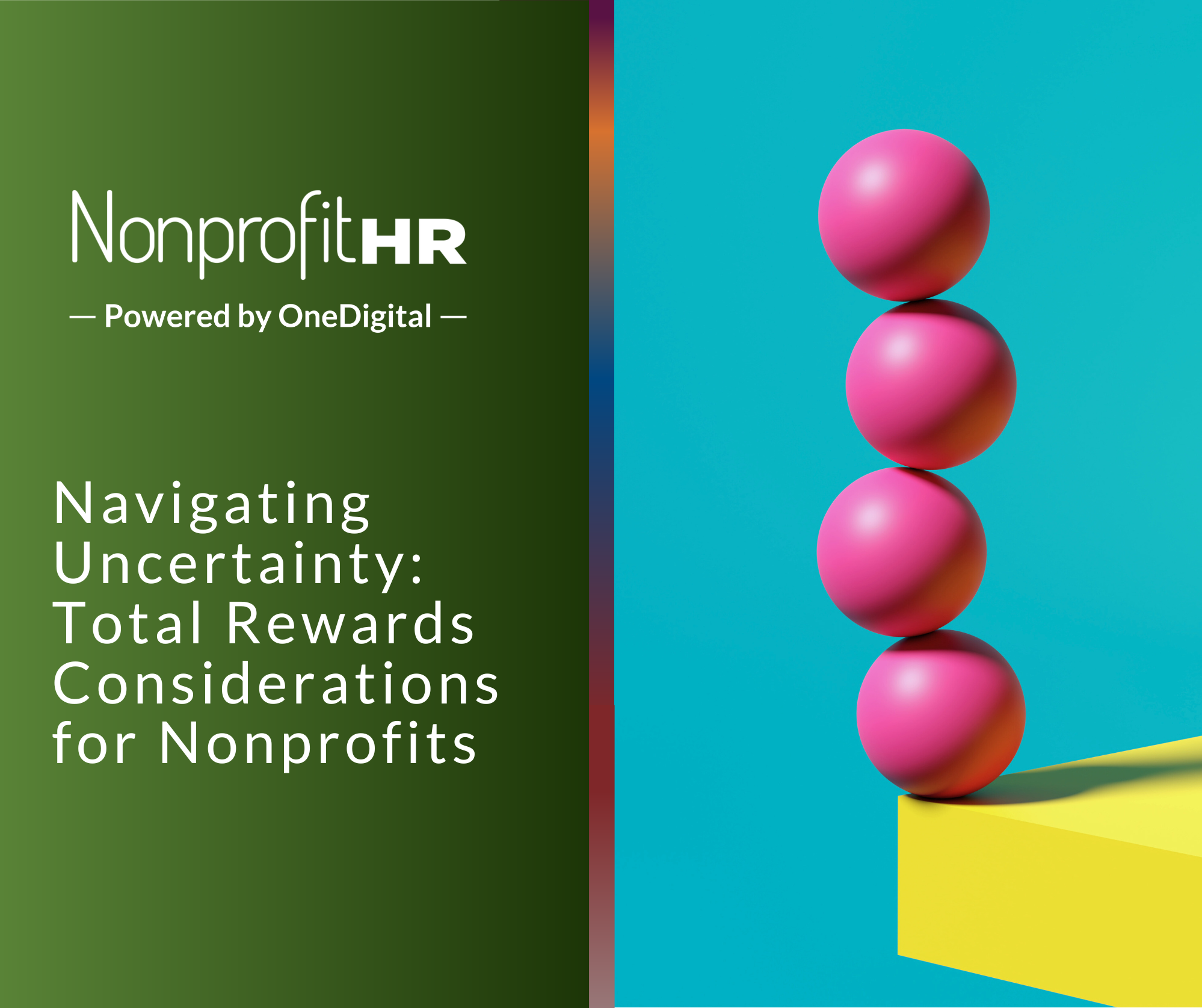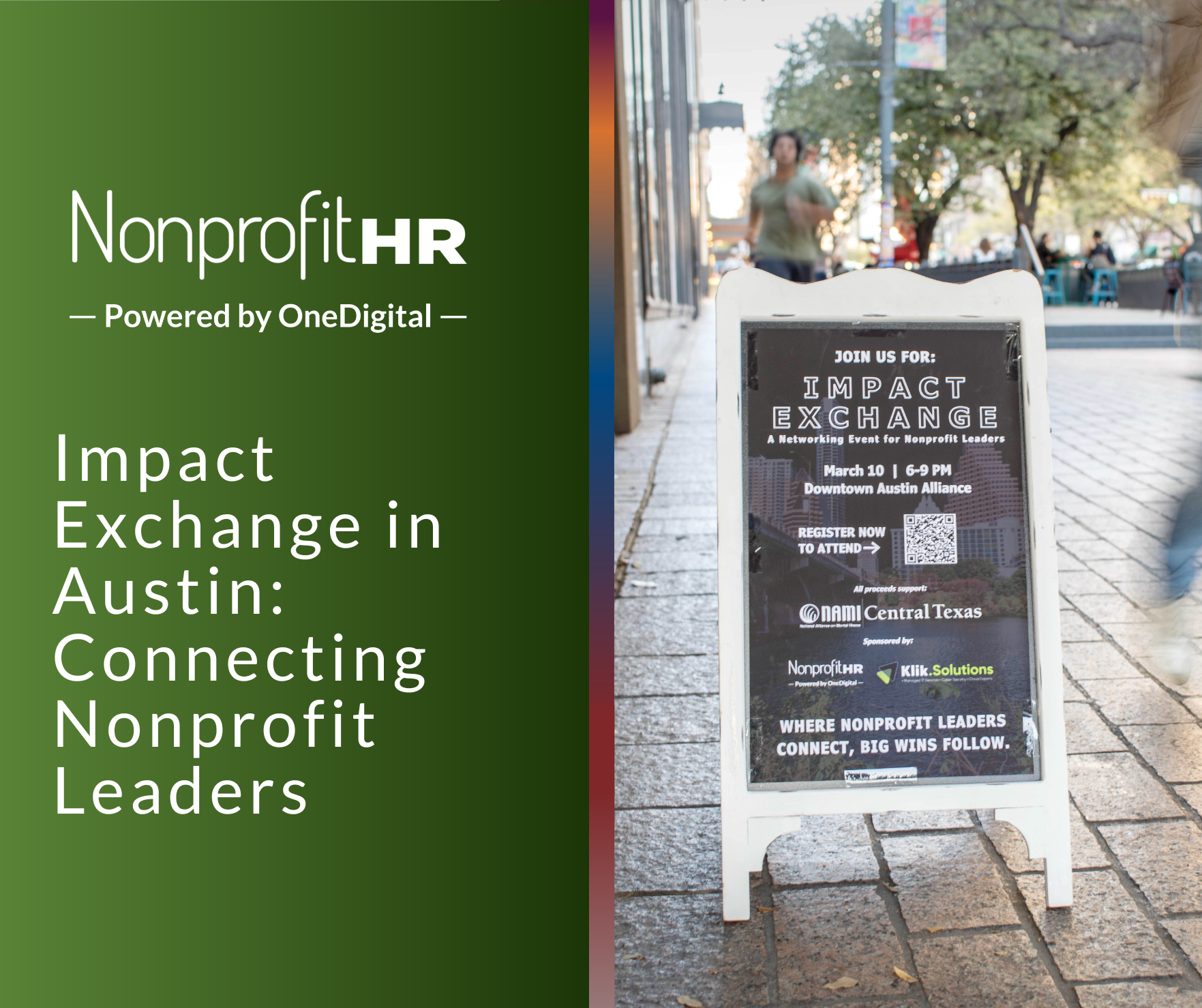WTOP: 5 ways nonprofits can…
On April 23, 2024, the U.S. Federal Trade Commission (FTC) made a significant move to ban most new non-compete clauses in work contracts. They’re essentially saying that employers can’t stop any employee from working elsewhere once they leave an organization. And it’s not just about the future; the FTC wants current non-compete agreements scrapped, too, with employers having to tell their past and present workers about it. Despite the broad nature of the rule, it does provide exemptions for senior executives earning more than $151,164 annually who are in a “policy-making” position.
|
The new rule will take effect 120 days after being posted in the Federal Register, but there is likely to be a legal showdown in the works. The U.S. Chamber of Commerce and the Business Roundtable (U.S. Chamber) and Ryan, a global tax services software provider, wasted no time in suing the FTC. Ryan’s lawsuit alleges that the new rule would pose immense, undue burdens on service-driven companies of every size. The U.S. Chamber argues that there is no legislative mandate from Congress that would enable the FTC to enforce a blanket non-compete ban. More lawsuits are likely to come. |
 |
If the courts put a pause on the rule, its start will get pushed back and employers will be stuck in limbo until it gets sorted out. It will likely be some time before the validity of a non-compete ban will be determined. Agreements executives entered into before the effective date will, however, still apply.
Employers may encounter challenges with employees that become aware of the new rule. Law firm Maynard Nexsen says that “a cautious employer should engage with intentionality before offering additional consideration or bonuses for signing new restrictive covenants, because the contemplated ban under the FTC rule may not warrant a significant investment in getting new non-compete agreements signed.” They’re advising employers to keep an eye out for updates and be ready to adjust contracts if it ever goes into effect.
Even if the new rule does go into effect, it may not be the end of the world for businesses. California, a state at the forefront of most employment law, has had regulations on the books since 1940 that make non-compete agreements unenforceable without significant negative consequences. Minnesota, North Dakota and Oklahoma also have similar statutes. Even so, the new rule does not impact non-disclosure agreements or non-solicitation agreements unless they prohibit a worker from, penalize a worker for, or function to prevent a worker from seeking or accepting work or operating a business.
See more on FTC’s rule banning non-competes.
Contributing Author
Stuart Wales, MS, SHRM-CP, PHR, CCP
Senior Consultant, Total Rewards
Nonprofit HR
Stuart Wales is an HR technology advocate, working with clients to leverage solutions that align not only with their current needs but also their strategic needs for the future. Focusing on improved employee experiences, Stuart works with clients to streamline and adapt existing processes and HR programs from a technology lens to transform HR into a strategic partner with the organization and improve mission outcomes. Stuart also works with clients on compensation programs that provide a competitive advantage for talent. Whether it’s creating market-based pricing and compensation structures or performing statistical analyses for compensation equity, Stuart serves as a partner for ensuring that total rewards supports clients’ people strategy.
Learn more about Stuart – see his full bio and other articles he’s authored.






























